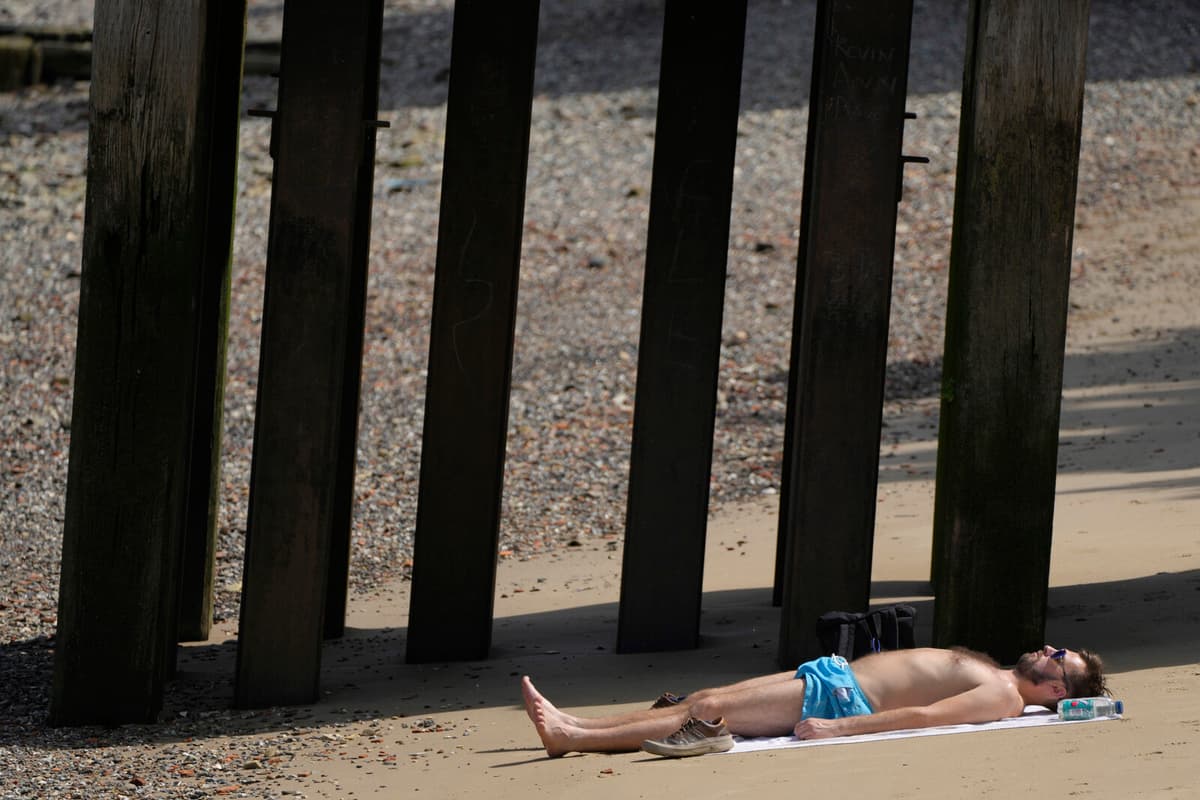The Swedish krona strengthened after Wednesday's interest rate cut in the USA and hope is rekindled for a turnaround. However, previous hopes for the krona have so far come to shame.
After the significant weakening in recent years, it has remained largely unchanged since the turn of the year against the euro and dollar. Swedes who want to travel abroad now have to pay around 10.16 kronor for a dollar and 11.34 kronor for a euro.
Those who hope for a clear strengthening of the krona in the coming year are, however, mistaken, according to Norwegian major bank DNB.
In a 12-month perspective, DNB believes that one euro will cost 11.80 kronor, i.e., about 4 percent more than currently. They also estimate that the dollar will become more expensive and cost 10.80.
In three months, the assessment is 11.60 against the euro, so our picture is that the krona will weaken, says chief economist Ulf Andersson.
A weakening
The background to the weak krona exchange rate is, among other things, a continuous savings surplus in Sweden, which is used for investments in securities in euros and dollars.
This contributes to a weakening of the krona. This plays a major role. The financial flows are entirely decisive for where the krona goes in the short term, not the commercial ones, says Ulf Andersson.
Besides this factor, the fact is that the Swedish krona, just like the Norwegian krona, is a sensitive currency, and in times of market turmoil, one chooses to sell kronor.
Furthermore, there is very low liquidity, which means that it can suddenly drop 20 öre without much happening in the Swedish economy, it's nothing unusual at all.
No factors
Ulf Andersson does not see any factor that can really change the situation in the short term.
I don't see what would make the krona much stronger given the factors that have taken it to where we are today. What has changed?
Nordea, on the other hand, believes in a strengthening of the krona, where one euro will cost 10.70 in December next year.
Normally, this environment we are now entering with lower interest rates is better for our krona than when you have higher interest rates, says chief economist Annika Winsth.
Corrected: In an earlier version, there was an incorrect formulation regarding Nordea's assessment of the krona.






